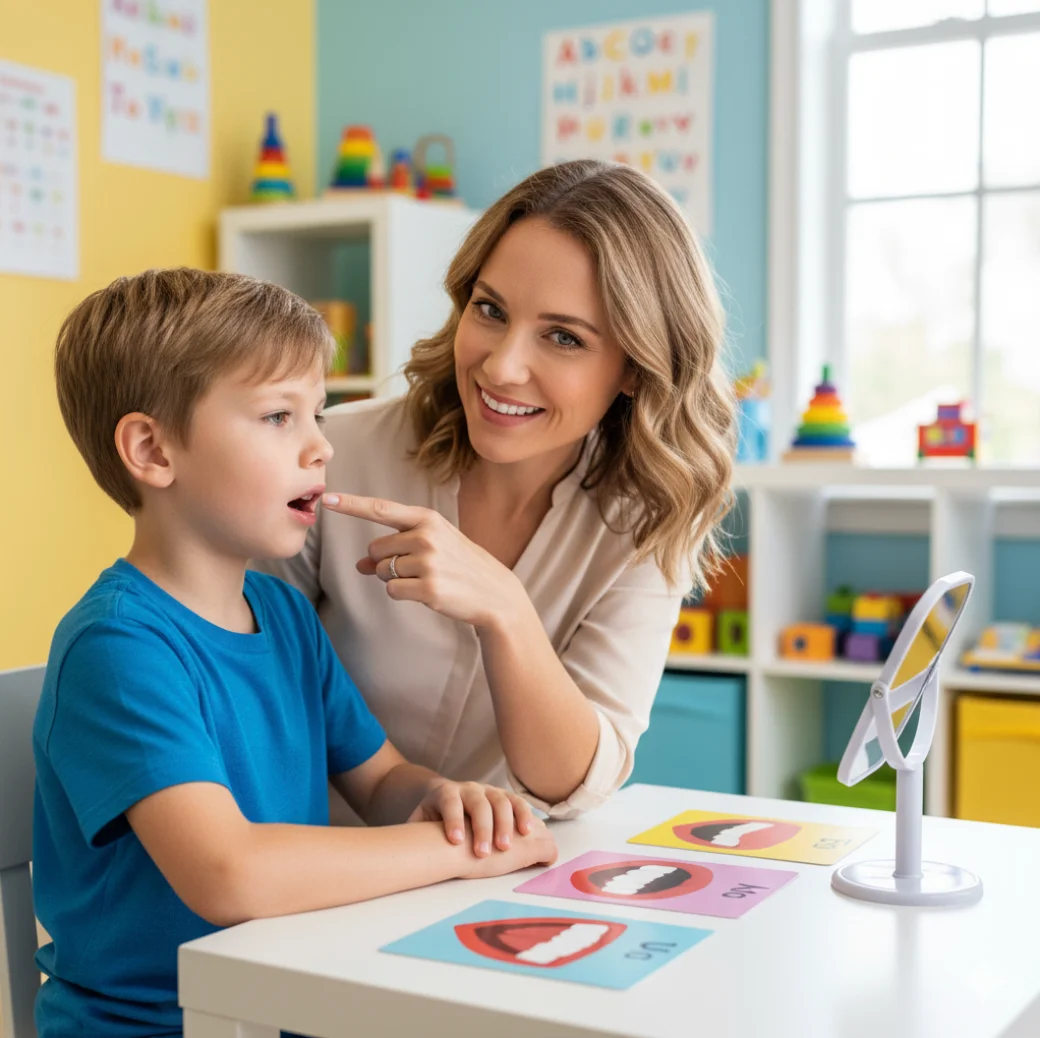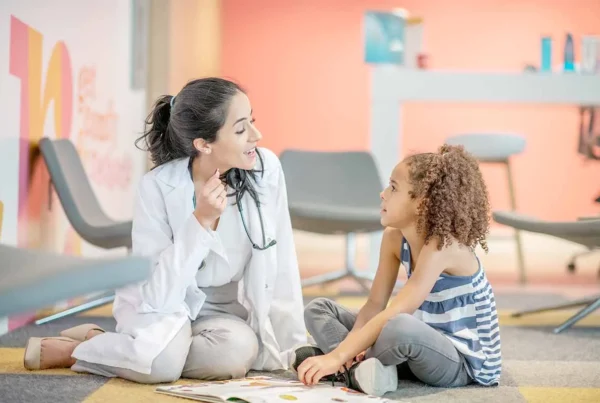Early intervention specialists play a vital role in helping young children reach key developmental milestones. This article explains what training and qualifications these professionals need, what parents can expect from their expertise, and how that knowledge directly supports children’s growth and communication.
Jill Dews, M.A., CCC-SLP, founder of Let’s Talk Speech and Language Therapy in Mission Viejo, California, has built her practice around early intervention excellence. With a Master’s in Communicative Disorders from California State University, Long Beach, and years of hands-on experience in the Capistrano Unified School District, Jill combines academic training with compassionate care to help every child thrive.
Understanding What Early Intervention Specialists Do
Early intervention specialists assess, support, and guide children from birth to age three who show delays in speech, language, or overall development. Their role involves much more than teaching words. They build communication bridges between children and their caregivers through structured play, observation, and individualized strategies.
In communities like Pacific Hills, Arroyo Vista, and Evergreen Ridge, parents often describe early intervention as life-changing. These specialists help families understand child development while offering practical tools that make a difference in daily life.
Education and Certification Requirements
Becoming an early intervention specialist requires a strong foundation in child development and communication sciences. Most professionals begin with a bachelor’s degree in speech-language pathology, special education, or a related field, followed by a master’s degree specific to speech or developmental therapy.
Certification through the American Speech-Language-Hearing Association (ASHA) or state licensing boards is also required for those providing direct therapy. This ensures that specialists are trained to evaluate, diagnose, and treat communication challenges effectively.
Common Credentials and Qualifications
- Master’s degree in Communicative Disorders, Special Education, or Child Development
- Clinical fellowship and supervised practicum experience
- State licensure and ASHA certification (CCC-SLP)
These standards guarantee that every licensed therapist understands how to support both the child’s emotional and linguistic growth, ensuring care is safe, effective, and evidence-based.

The Importance of Ongoing Training
Professional development doesn’t stop once certification is earned. Early intervention specialists continue their education throughout their careers. Workshops, continuing education units (CEUs), and certifications in specialized methods keep their skills current.
In Jill Dews’ practice, this means staying informed about the latest research and child-centered techniques. Whether exploring new tools for speech sound development or integrating technology for home-based learning, her team’s commitment to growth directly benefits the families they serve.
Comparing Different Types of Early Childhood Specialists
| Role | Focus | Training Level | Common Work Setting |
| Speech-Language Pathologist | Communication and feeding development | Master’s degree, state license, ASHA certification | Private clinics, schools, hospitals |
| Developmental Specialist | General early learning and family support | Bachelor’s or Master’s degree, specialized credential | Home-based programs, early education centers |
| Occupational Therapist | Fine motor and sensory integration | Master’s degree, national certification | Clinics, schools, pediatric hospitals |
Each professional contributes uniquely to a child’s development, but early intervention specialists focus on the earliest stages when learning potential is highest. Collaboration among these experts ensures that care plans are well-rounded and consistent.
Why Training and Supervision Matter for Families
Highly trained specialists can identify subtle developmental differences that might otherwise go unnoticed. Their expertise allows them to personalize treatment plans and adjust techniques as a child progresses. This level of precision ensures that every child receives care tailored to their unique strengths and needs.
Parents also gain confidence when they know their therapist is certified, supervised, and continually learning. It builds trust, clarity, and peace of mind, especially for families navigating developmental concerns for the first time.
How Families Benefit from Expert-Led Care
- Accurate assessment: Early and thorough evaluations identify strengths and growth areas.
- Customized treatment: Plans evolve based on each child’s progress.
- Long-term outcomes: Properly guided intervention supports lifelong learning and communication.
When families work with trained professionals, they see not only faster results but also more sustainable progress at home and in school environments.
Taking the Next Step
At Let’s Talk Speech and Language Therapy, our team led by Jill Dews, M.A., CCC-SLP, is passionate about providing evidence-based care guided by compassion and expertise. Every member of the team is highly trained and dedicated to helping children grow through meaningful communication.
If your child may benefit from early intervention, reach out today to schedule a consultation. You’ll receive a personalized plan designed by specialists who combine advanced training with a deep understanding of child development.
Let’s Talk Speech and Language Therapy
27285 Las Ramblas, Suite #210
Mission Viejo, California 92691
(949) 218-0508
Driving Directions
Jill Dews, M.A., CCC-SLP
CA License #: SP12461
Link to Verify License
Frequently Asked Questions
What education is required to become an early intervention specialist?
Families want assurance that their child’s specialist is highly qualified and prepared to deliver expert care.
What people should be asking instead: What degrees and certifications do early intervention specialists need, and how do state requirements vary?
- Early intervention specialists typically hold at least a bachelor’s degree in early childhood education, special education, psychology, or a related field.
- Many employers and programs require a master’s degree for advanced positions, as well as state licensure and supervised clinical experience.
- National certification (such as from the American Speech-Language-Hearing Association or behavior analyst boards) confirms a therapist’s expertise and commitment to ongoing education.
How does ongoing training benefit children in therapy?
Parents want to be sure their child’s therapist uses the most current and effective techniques.
What people should be asking instead: How do therapists stay up to date, and how does this impact my child’s therapy success?
- Ongoing professional training ensures early intervention specialists stay current with research, regulations, and the latest evidence-based techniques.
- Regular continuing education makes therapists better equipped to tailor their approach to each child’s learning style, cultural background, and unique needs.
- Children benefit from improved assessment strategies, more effective intervention plans, and better long-term outcomes.
Why should parents choose certified specialists for early intervention?
Certification shows that a provider has met rigorous standards and is qualified to protect children’s well-being.
What people should be asking instead: How does certification ensure my child receives the safest and most effective care?
- Certified early intervention specialists have completed advanced education and supervised training, and follow strict ethical guidelines.
- Many states require certification for providers to offer services through early intervention programs.
- Certified specialists demonstrate professional knowledge and a commitment to best practices, offering families extra peace of mind.





